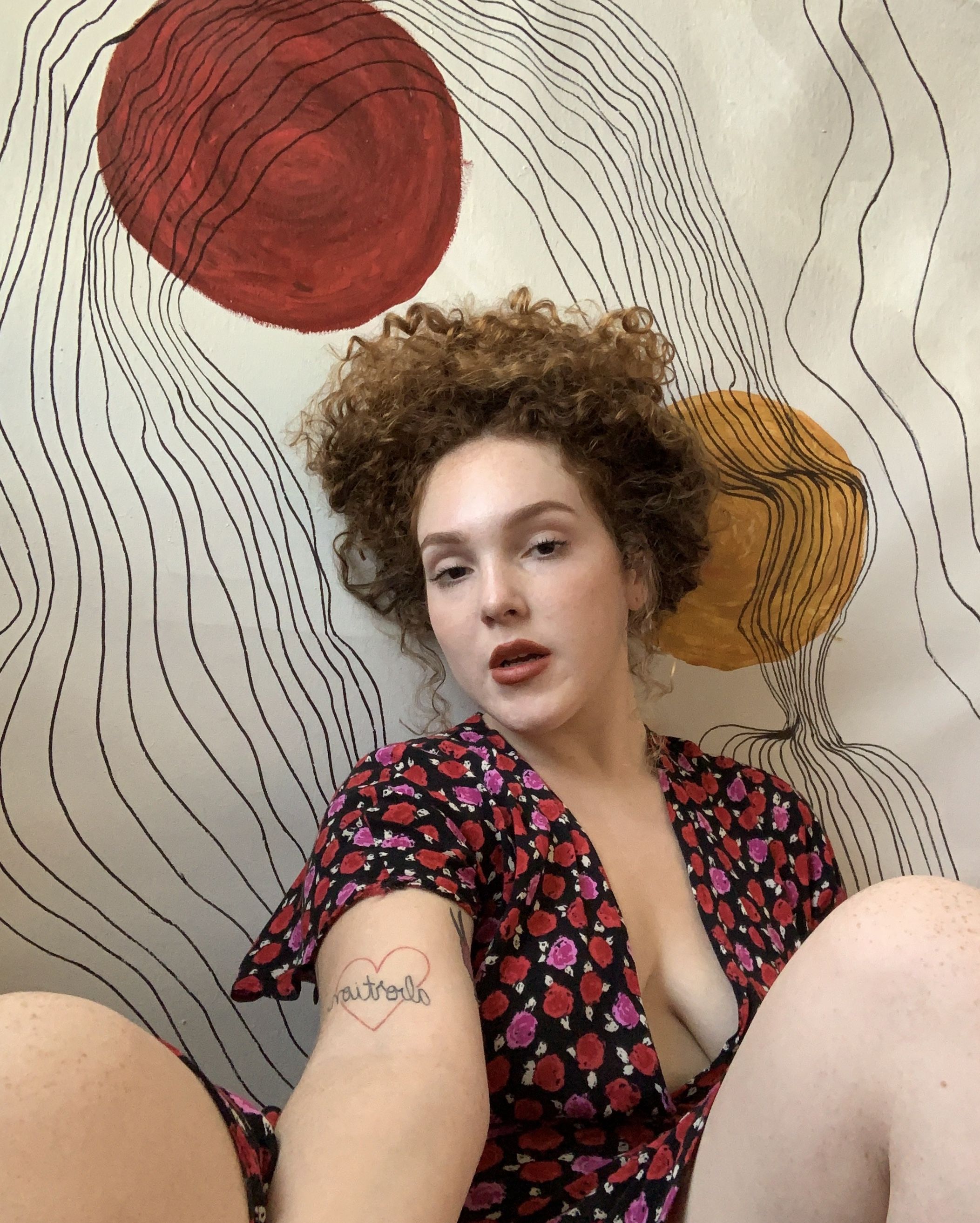The first time I got pregnant when I was 18, I was shocked. I was struggling with unstable housing and had been supporting myself doing sex work. My reproductive health wasn’t a priority to me at the time due to a lack of education, healthcare, and resources. No one had told me where to access birth control as a teenager.
I wasn’t in a position to have a baby. Money was tight, so I went to a crisis pregnancy center to get a free pregnancy test and see how far along I was and what my options were. I knew they would try to talk me out of having an abortion, but I had no idea how bad the experience would be. They asked my partner to come in the room, then they showed both of us the ultrasound images and told me I would be a murderer if I had an abortion. It was incredibly dark and traumatizing.
Thankfully, I was able to get an appointment soon after at a clinic that provided abortions, and my friends helped me raise money for the procedure. I don’t know what I would have done without them. After, I felt like I was supposed to be ashamed and have this sense of loss because that’s the narrative we’re told about abortion and how it will make you feel. Educating myself helped me realize that the negative aspects of my experience were all fueled by stigma.

Since then, I’ve surrounded myself with people who are supportive, empathetic or have had their own abortion experiences and can relate. I even started Buckle Bunnies abortion fund to help people seeking abortions in Texas during the pandemic.
I had my second abortion when I was 20 at home, and for me, the experience was so much more positive than going to a clinic. I was able to do it with my friends around me, and I didn’t have to deal with the microaggressions I always experienced with healthcare institutions, like assumptions that sex work means you’re careless about your reproductive health. The reality is that everyone has accidents, and you should be able to access judgement-free care regardless of your situation.
Even in pro-choice spaces, there’s still stigma, particularly against people who’ve had multiple abortions. There’s also this pervasive idea that abortions always have to be a big deal, but it doesn’t have to be this momentous event. Or it can be! We need to respect the spectrum of what people feel about their abortions.
When I think about what my life would have been like without abortion access, it’s scary. I’m loud and proud about my abortions because they’ve allowed me to find new jobs and healthier partners, and connect with loving friends and community. I’ve come to a place where I do see my abortions as big and momentous—but for celebratory reasons.
Source: Read Full Article